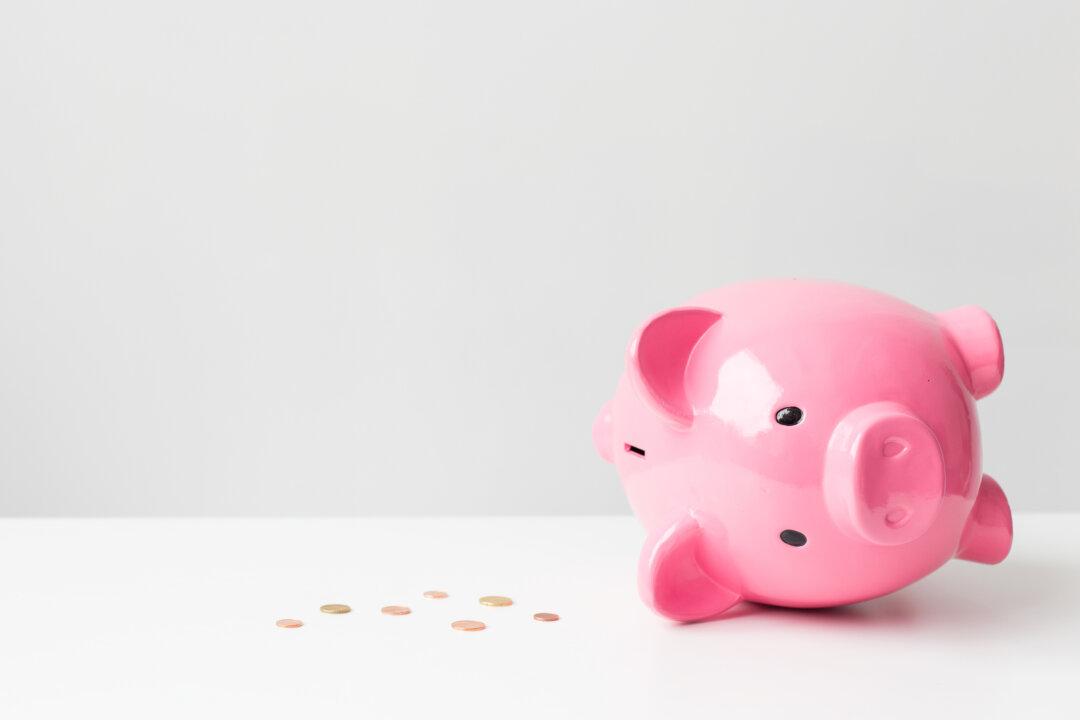By Sandra Block
From Kiplinger’s Personal Finance
Although unemployment remains low and inflation is showing signs of easing, one economic data point is worrying to many economists: the personal saving rate.

Although unemployment remains low and inflation is showing signs of easing, one economic data point is worrying to many economists: the personal saving rate.